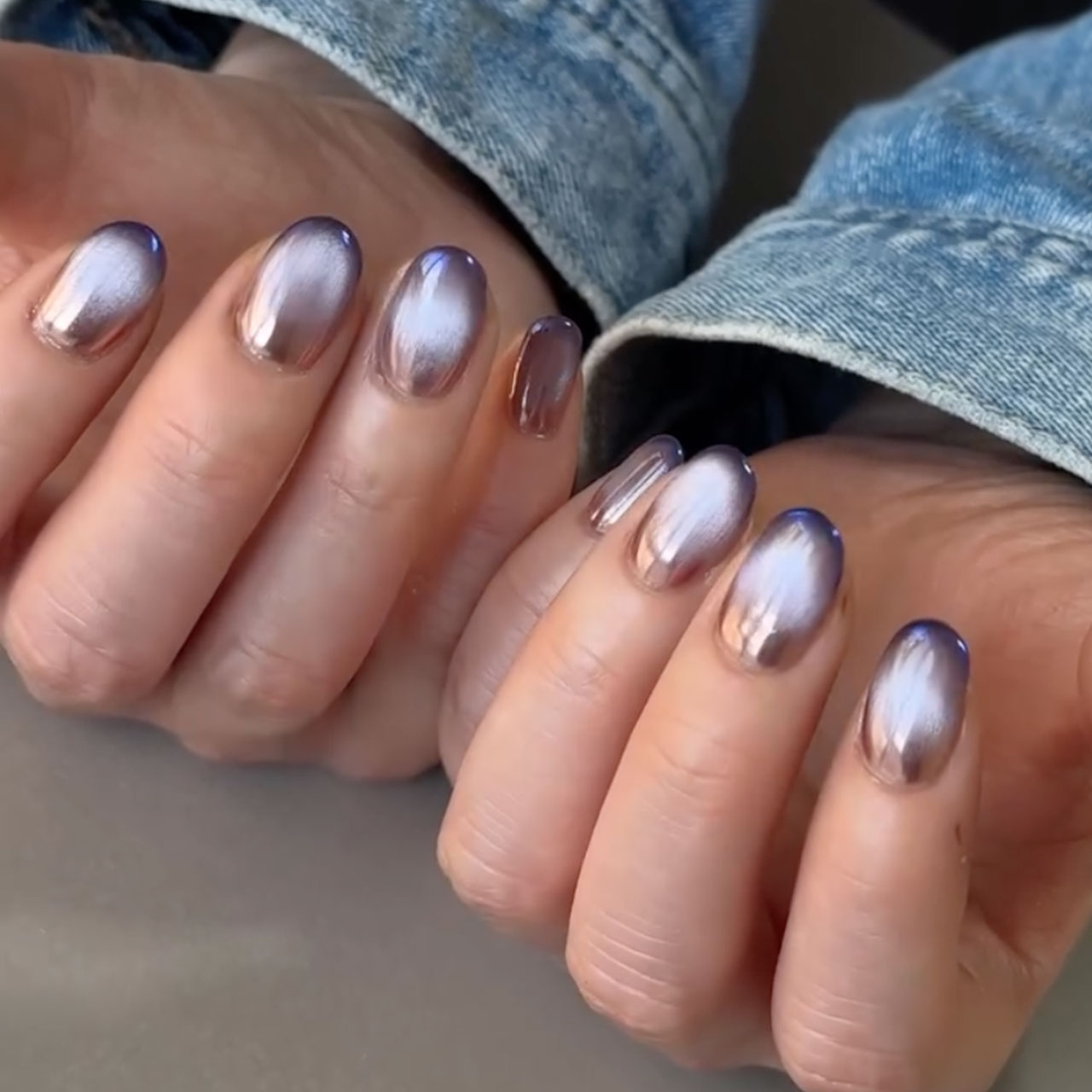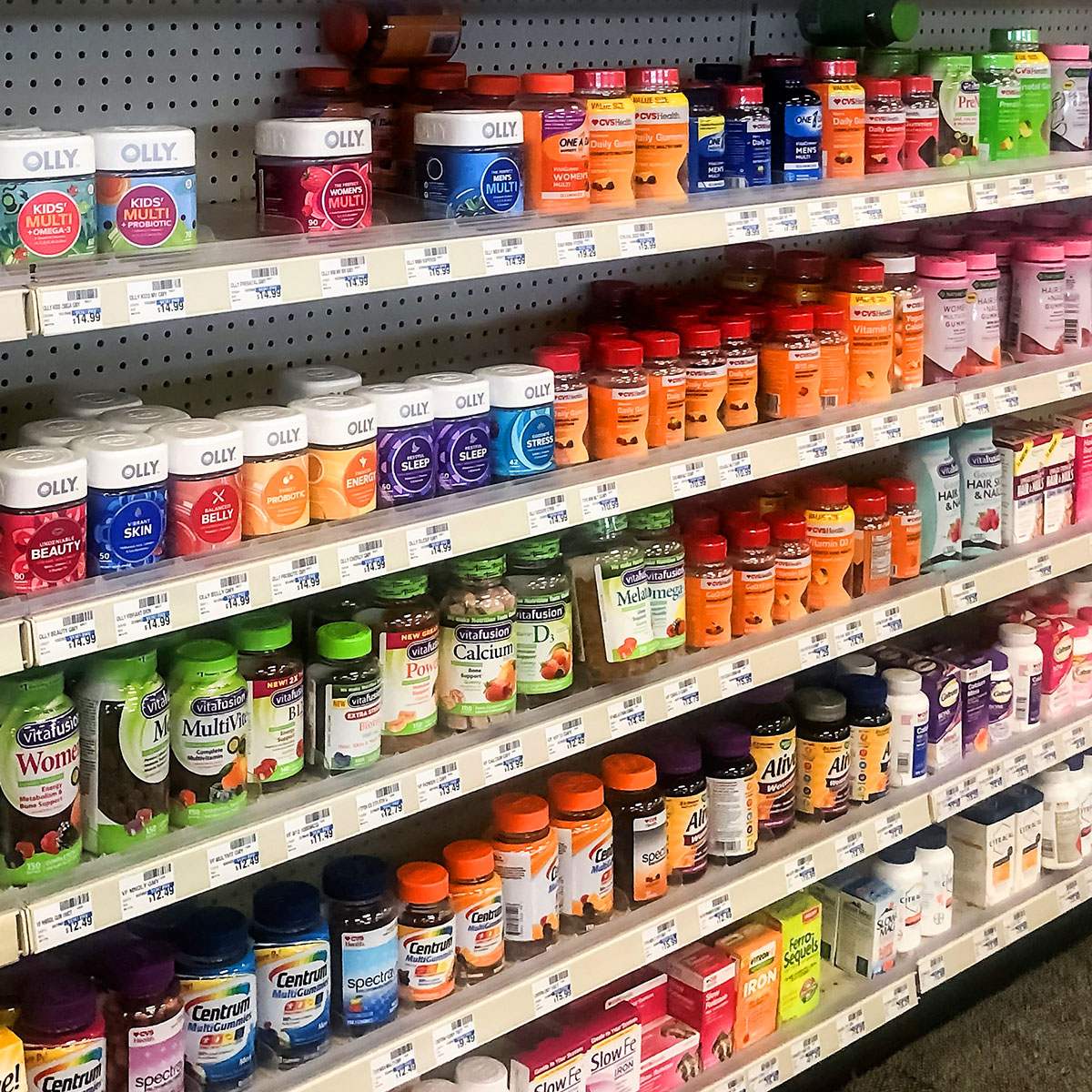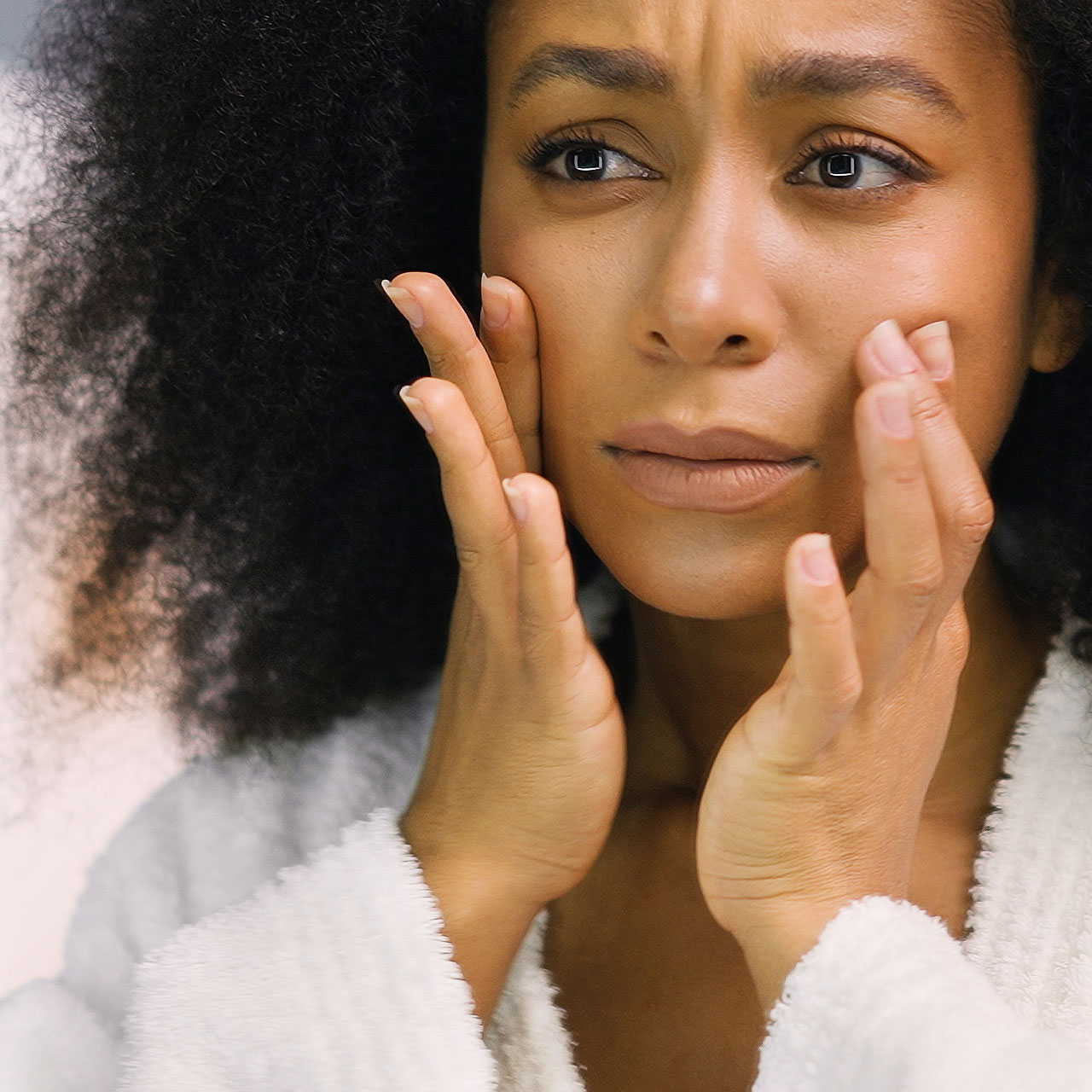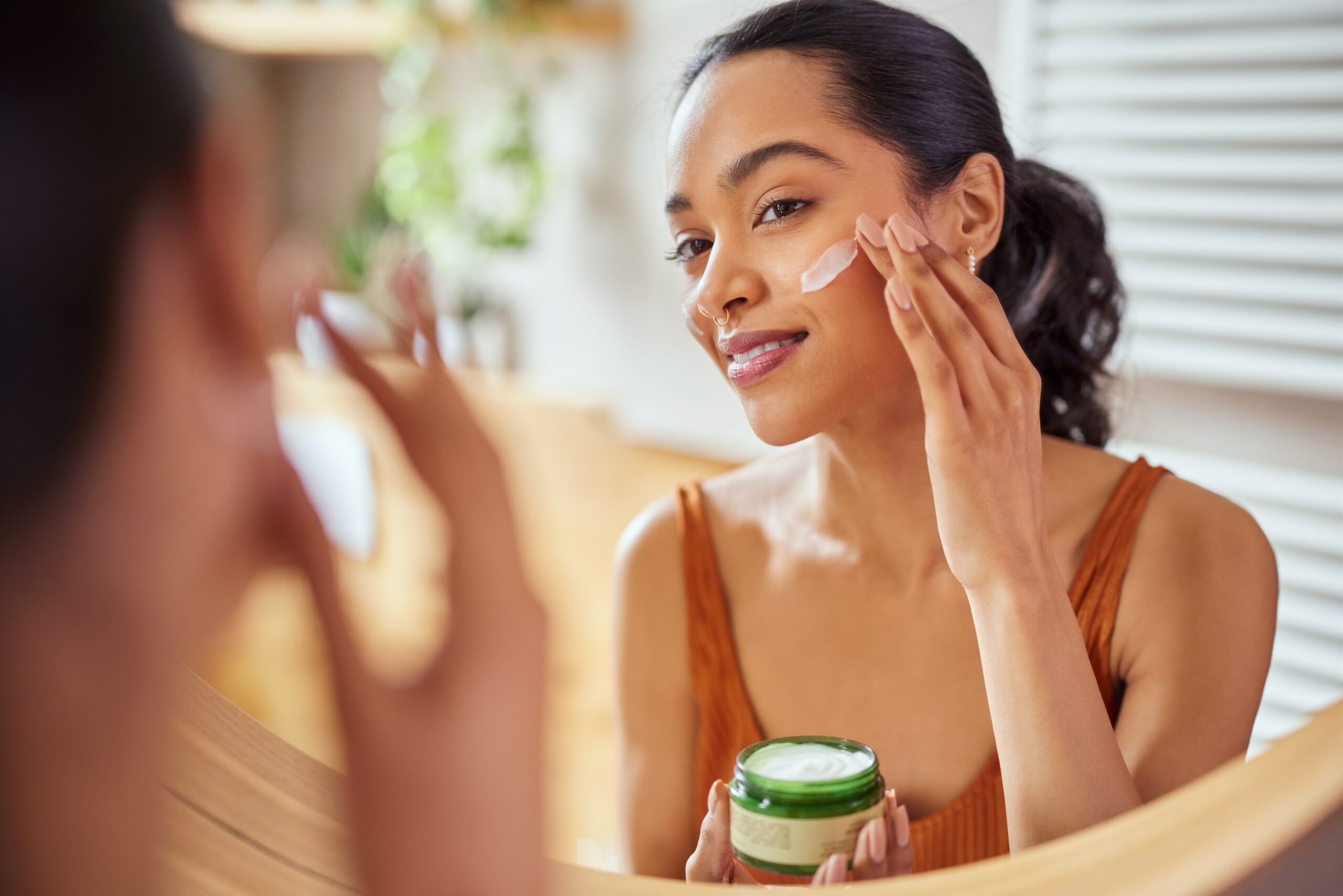Vitamins and supplements are almost always a good idea. Unless your daily diet is varied and balanced (something that’s difficult to achieve each and every day), a quality supplement can bridge the gap and ensure that you are getting enough of what you need to stay healthy and nourished. But should you change up your supplement routine to coincide with changes in the weather and your skin? Some experts say: yes!
According to Dr. Anju Methil, MBBS, DVD, MD, dermatology and cosmetology at ClinicSpots, there are two supplements you may want to avoid in the winter because they can dry out your skin. Here are the ones you may want to consider not taking — and a few that could be worth incorporating into your routine instead.
Remember: always consult with your own doctor before taking any outside supplement advice. What works for one person may not always work for another and it’s a good idea to get a personalized consultation before starting any new supplement routine.
Stop Taking:
Some common oral supplements that you should stop taking during cold weather are omega-3 fatty acids and vitamin E pills, according to Dr. Methil. “Omega-3 fatty acids are known for their anti-inflammatory properties, which can help reduce redness and irritation in the summer months,” Dr. Methil said. “However, during cold weather, these fatty acids can actually dry out your skin, making it more difficult to keep it hydrated. Similarly, vitamin E is known for its moisturizing properties, but when taken in pill form during winter months it can have a drying effect on the skin.”
Take These Instead:
“If you’re looking to improve the health of your skin during winter, it’s best to focus on supplements like vitamin C, popular for their ability to protect against damage caused by free radicals,” Dr. Methil said. Another good supplement to include? Zinc. “Zinc is important to ensure we maintain moisture in the skin,” Dr. Methil said. “Both reduce inflammation and provide antioxidant protection.Vitamin B complex can also help improve collagen production and make skin look more youthful and can safely be taken even in colder weather.”
Additionally, you can look for topical products that contain ceramides, which help promote skin hydration by forming a protective barrier on the surface of the skin, Dr. Methil adds.
“Some of the best moisturizing topical products include shea butter, coconut oil, aloe vera gel, and hyaluronic acid,” Dr. Methil said. “All of these natural ingredients are known for their ability to lock moisture in and keep your skin hydrated and healthy. Additionally, they can provide anti-aging benefits to help reduce wrinkles and fine lines.”
Nourish your skin from the inside and outside this winter to stay hydrated and feeling your best.


























